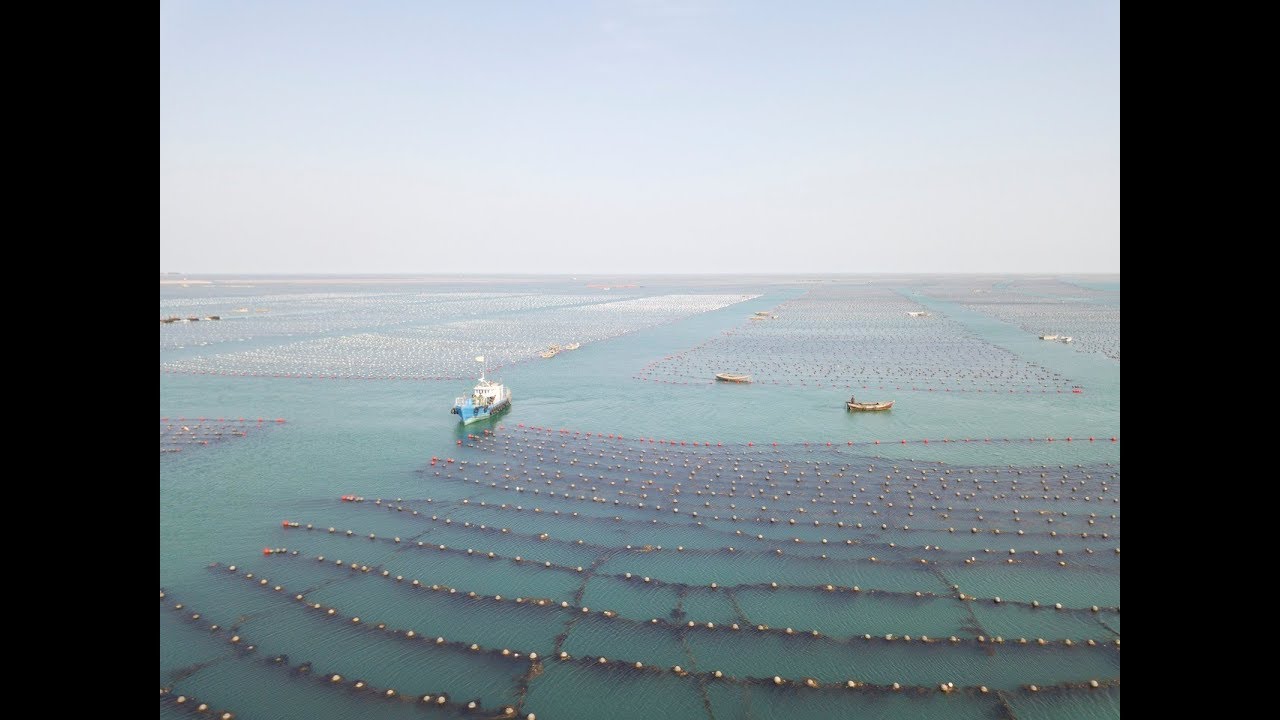I was researching the use of ocean water or sea solid in agriculture and found the book. The claims in the book seem too good to be true. Has anyone ever applied ocean water or sea salt to your Aquaponics system?
Our good friends at KAUST in Saudi Arabia just raised 15M to expand their saltwater hydro and Aquaponic operations. Definitely possible.
They focus on more salt tolerant crops for now but I think they’ve made some pretty cool breakthroughs recently on the research side.
Janelle Hager, @Jdusci and others at Kentucky State University did some work with salt tolerant crops. I believe they did a conference presentation about it in the last year or two.
Do you have access to past years conference presentations? I can check next week if we have something.
@BrianFlip The saltwater AQP research at KYSU was done more by the shrimp lab, which includes Dr. Andrew Ray, Jill Fisk, and Leo Fleckenstein. I’d be more than happy to assist with establishing the mutual connection.
Do you know if they ever tried plain ocean water or sea solid on regular crops? The book claims amazing improvements in disease resistance, flavor, and yield of any crops grown on ocean-water-treated soil or hydroponics, not just salt-tolerant crops.
Thanks Brian. I do have access to the videos. My mistake. I meant the use of ocean water on regular crops, not salt-tolerant ones. One of my friends has been producing fingerlings for many years in saltwater Aquaponics successfully. I’m more interested in the use of ocean water either as foliar application or direct supplement to Aquaponics water on all kinds of crops.
Thank you. I was at the conference last year. Your presentation was very informative.
Talking about shrimp Aquaponics. There is a 10-acre saltwater shrimp Aquaponics farm in Xiangshan peninsula. I’m going to visit it after this wave of covid-19 cleared.
I’m personally doing research on Sea Water Aquaponics for NE Asia market. Since North East Asia(Korea, China, Japan) will be the perfect market for SWA(Sea Water Aquaponics : seaweed, marine algae, marine plant is popular food), it will be helpful to think of migrating IMTA to inland.
@shawnwang It’s a good book I like it a lot. I was lucky to get a copy from Dr Murray’s son.
I’ve been using sea salt for non halophyte plants in freshwater aquaponics for a few years now. Here’s a talk I gave regarding mineral nutrition And I mentioned some of the benefits of using sea salt on freshwater plants.
It’s one of those things for me I would never not add routinely again as long as I have the option
Feel free to reach out if you have any questions [email protected]
Good to hear that. You mentioned foliar spray of ocean water in the video. Have you tried it directly into Aquaponics water? With reasonable concentration, it should benefit all living things in the Aquaponics system if Dr. Murray was right.
Sodium Chloride is probably going to be the main determining factor in this topic. We have not deliberately added salt or sea water to our systems.
In general high salt content is supposed to be detrimental in hydroponic systems. It stresses the plants while neither sodium nor chloride seem to be required as plant nutrients. Osmotic pressure is probably the main cause of stress.
Through hearsay from other researchers I gathered that a little sodium chloride can be beneficial for taste in tomatos. Also uptake and therefore elimination from the system in lettuce seems to be determined by the concentration in the water. So this is somewhat self regulating. This was briefly desktop researched with regard to the myth that sodium accumulates in aquaponic systems. As a chemical engineer I never gave too much thought to the sodium accumulation theory since there is a simple technological solution to this.
Anyone more deeply interested in this topic might additionally scout for the term mariponics. This is the term the COST action people used for this concept.
Also a search for papers shows that this topic is actually quite well researched.
